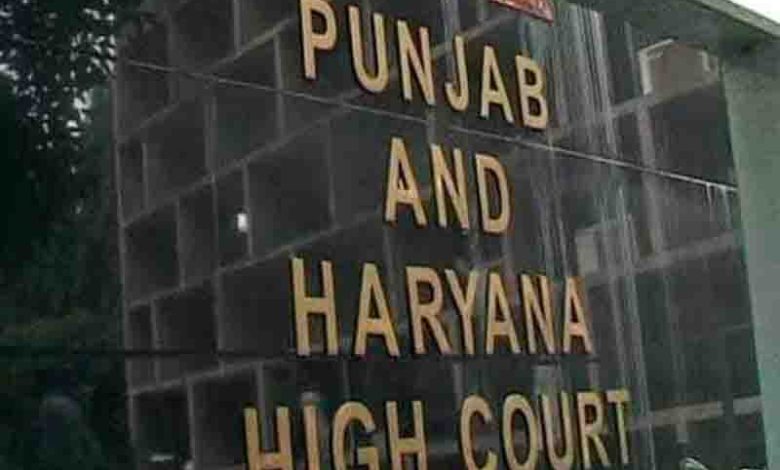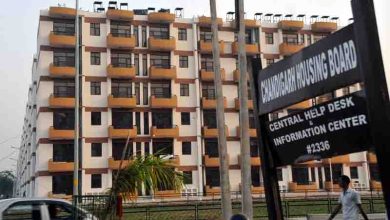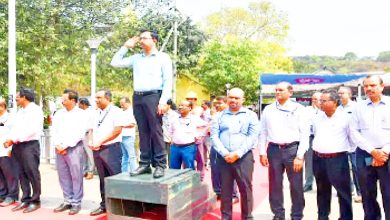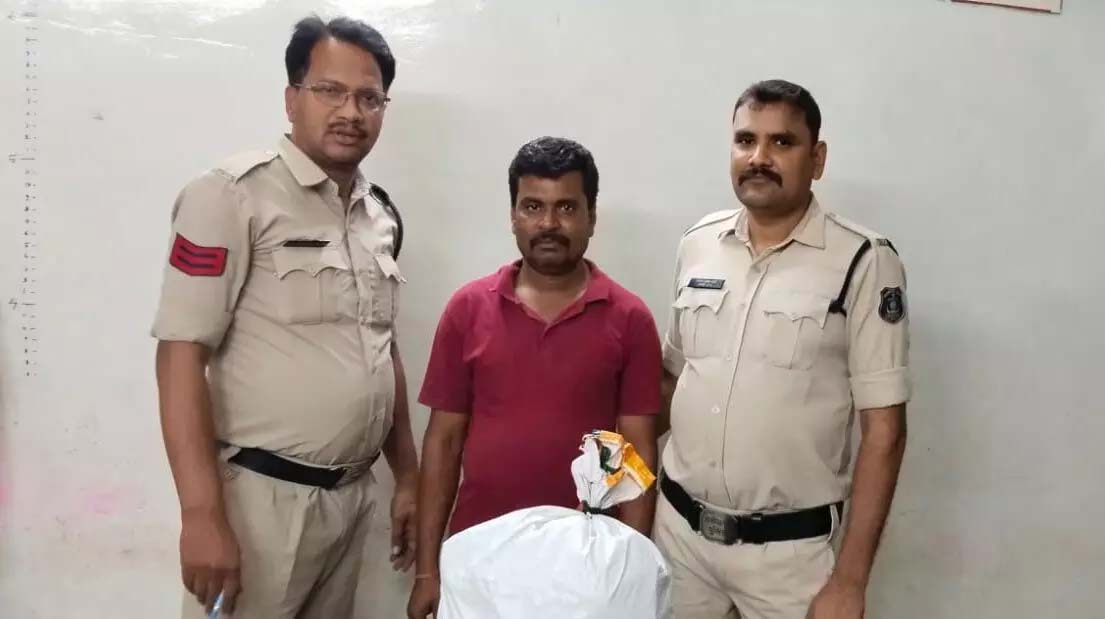Punjab: Transport department was asked to listen to bus operators

Punjab: Regarding the show cause notices issued to operators of integral coaches and super integral coaches, the Punjab and Haryana High Court has directed the Punjab Transport Department to talk to the operators in person before taking further action. More than 300 integral coaches and super integral coaches are operating in the state. Sources in the department said notices were issued to operators of integral and super integral coaches before stakeholders approached the High Court. In 2012, the High Court had directed the government to cancel illegal permits given to private operators. This order was upheld by the Supreme Court in 2016. Despite the Supreme Court order in 2016 to cancel illegally issued permits, transport companies mainly owned by high-profile politicians continue to run buses on key routes.
These permits, issued during the previous SAD-BJP tenure, allowed integral coaches and luxury buses to ply on highly lucrative routes, mainly from various parts of the state to Chandigarh. Private operators continue to run buses on illegal extensions in the original bus route permits. In 2011, the state government amended the transport scheme to allow the operation of air-conditioned integral coaches or super integral coaches within the state and up to a maximum distance of 15 km on neighbouring interstate routes. In the 2018 transport policy, the state government had talked about cancelling these extensions and other anomalies in the revised scheme of 2011, but nothing was done. Apart from this, the transport department was directed to conduct personal hearings in cases of illegal clubbing of stage carriage permits. The department had issued notices to operators who illegally extended their routes by clubbing stage carriage permits. As per rules, bus permits can be extended only once, not multiple times. JS Grewal, president of the Small Industries Bus Operators Association, claimed that the state government has failed to defend the case in courts in the past despite the amendments made in the 2011 scheme being struck down by the Supreme Court.





